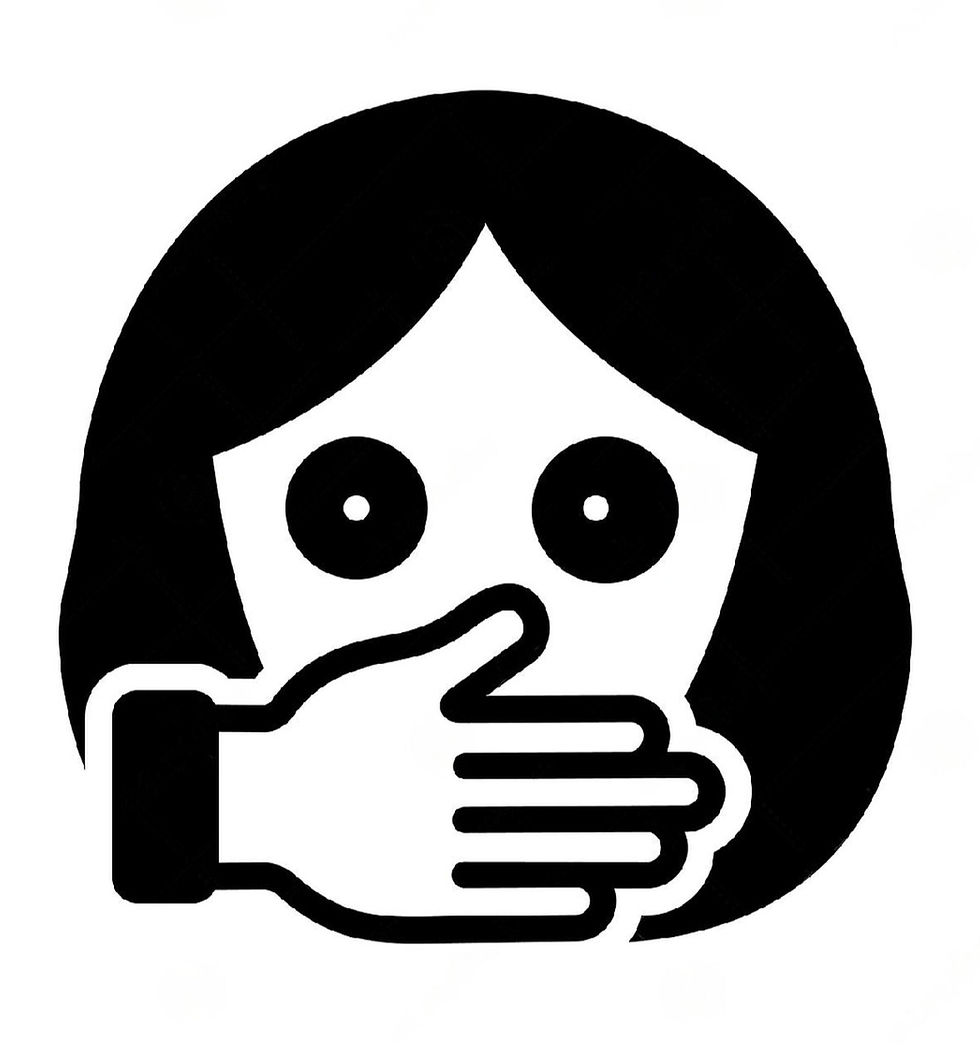Cognitive Behavioural Therapy: The Power of Thoughts
- Emmett Martyniuk

- Feb 9, 2023
- 1 min read
Updated: Feb 13, 2023
Cognitive Behavioural Therapy (CBT) is a type of psychotherapy that focuses on the connection between thoughts, feelings, and behaviours. CBT is based on the idea that our thoughts and beliefs influence our emotions and actions, and that changing these thoughts and beliefs can lead to helpful changes in our emotions and behaviour.

CBT is a short-term, goal-oriented therapy that typically involves 12 to 20 sessions. During these sessions, the therapist works with the client to identify and challenge negative thoughts and beliefs that may be contributing to their emotional distress or problematic behaviours. The client is then taught new, more adaptive thinking patterns and behaviours that can help improve their mental and emotional well-being.
One of the key features of CBT is the use of homework assignments, in which clients are asked to practice the new thoughts and behaviours they've learned in therapy in their everyday lives. This helps to reinforce the skills and insights gained in therapy and reinforces the idea that change is possible. Below is an image of The Cognitive Model, an explanation of the relationships between one's thoughts, emotions, and behaviours.

CBT has been shown to be effective in treating a wide range of mental health conditions, including depression, anxiety, panic disorder, obsessive-compulsive disorder (OCD), post-traumatic stress disorder (PTSD), and phobias.
Overall, CBT works by helping clients to understand the thoughts and beliefs that are contributing to their distress and teaching them new, more adaptive ways of thinking and behaving. By using these new strategies in real-life situations, clients can experience significant improvements in their mental and emotional well-being and lead more fulfilling lives.
-Emmett





Comments